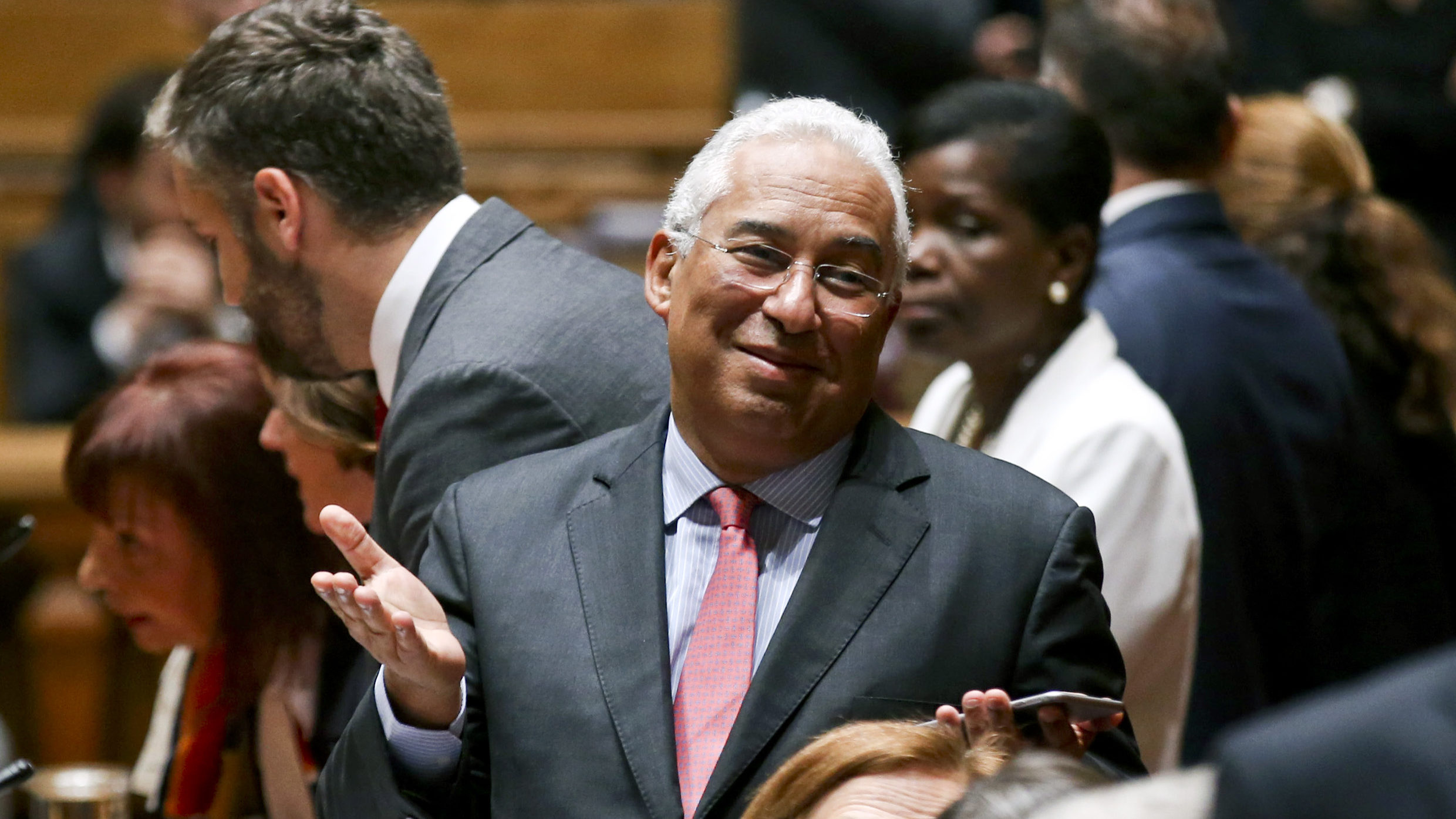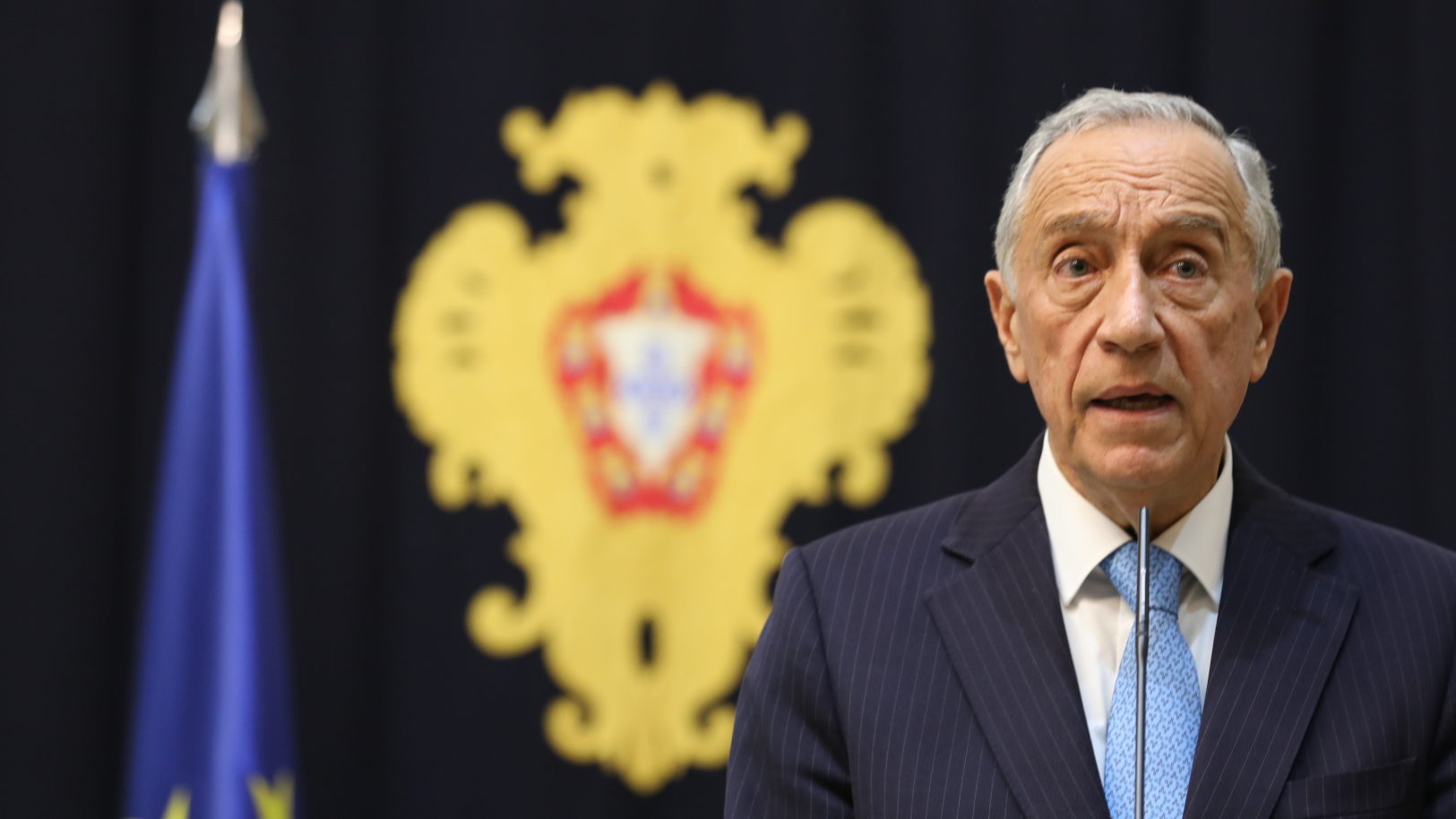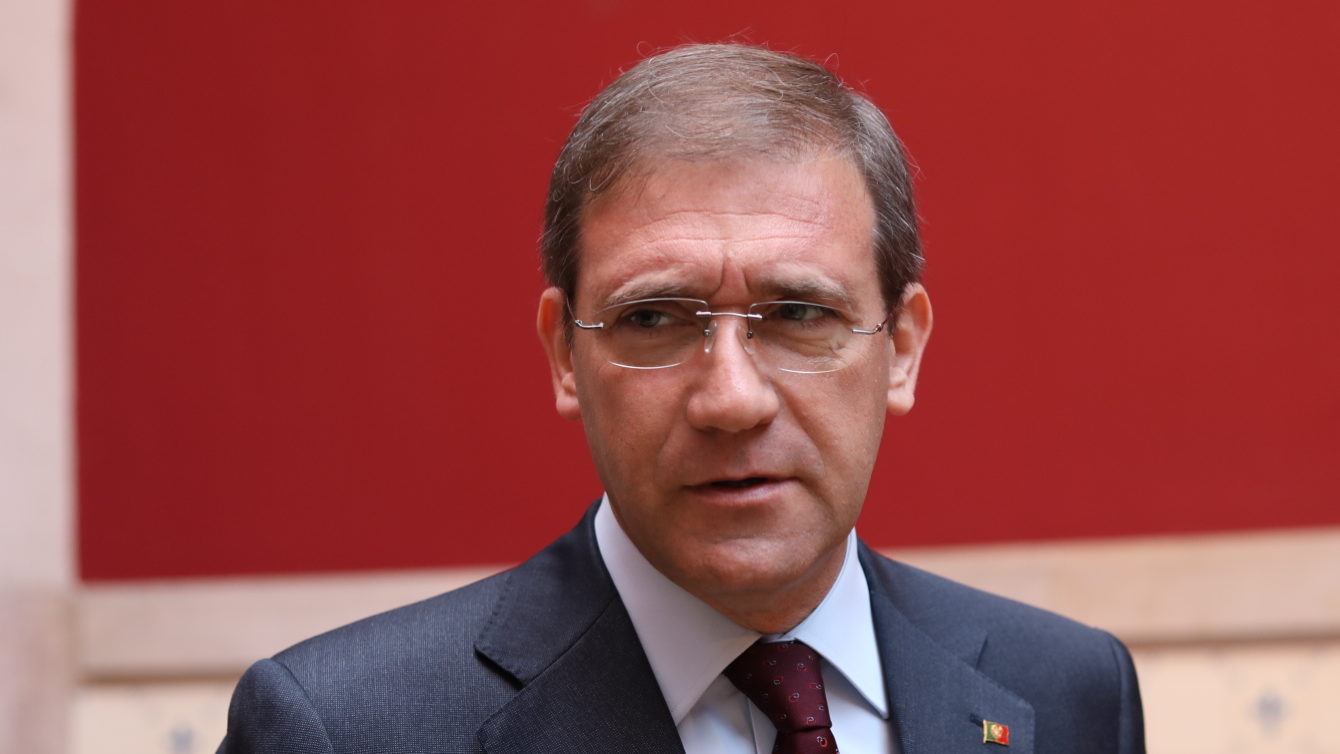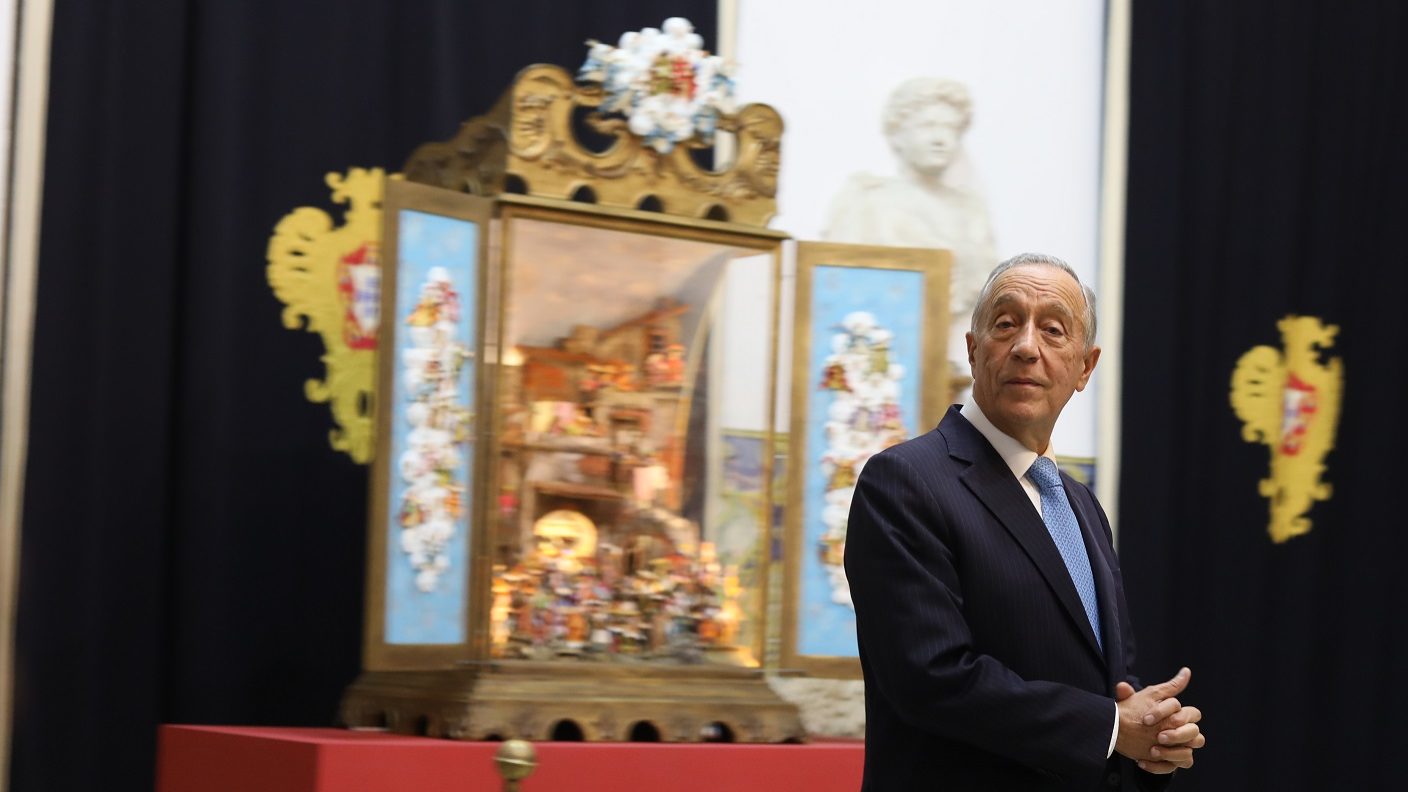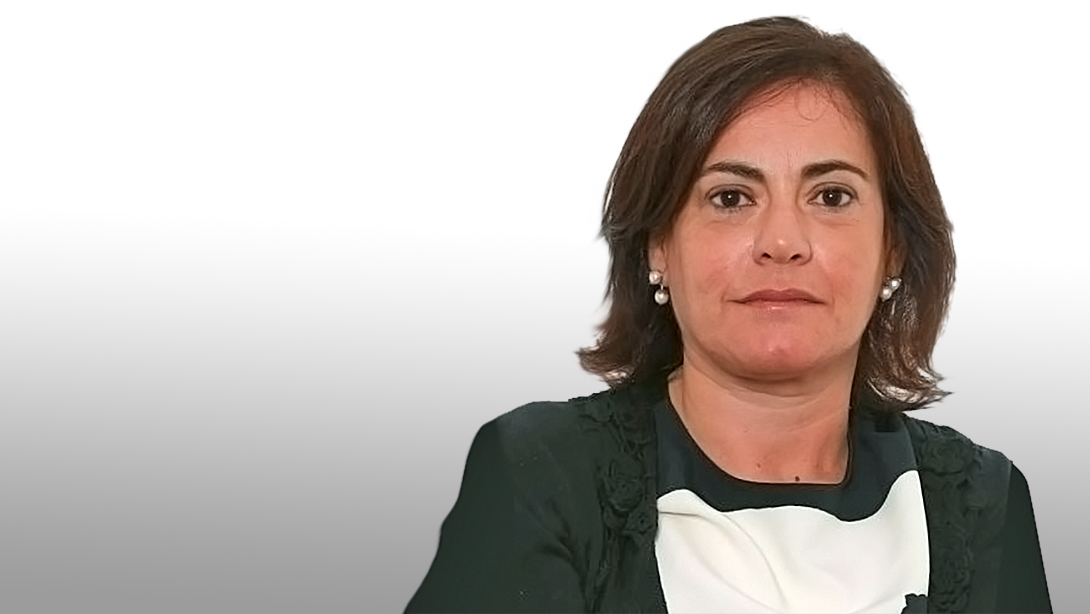Former Portuguese President Mário Soares has died
Mário Soares has passed away in Lisbon, aged 92.

Mário Soares has died at age 92. The former President of the Portuguese Republic passed away this Saturday after having entered the Red Cross Hospital on the 13th December. Mário Soares left an important legacy as a politician and writer, but above all, as one of the most well-known faces of the Carnation Revolution.
Mário Soares has died almost a year and a half after having lost his wife – the ‘eternal Portuguese first-lady’, for all the works she carried out during her lifetime –, after she took a fall at home and entered a ten-day deep coma. They got married by proxy in 1949, while Mário Soares was in jail, and they later had two children, Isabel and João.

Father of the Portuguese Socialist Party
Mário Soares is considered one of the ‘founding fathers’ of the Socialist Party, in 1973, from which he was the first secretary-general. After the military coup of April 25, 1974, he became minister for Foreign Affairs, and was able to carry on some negotiations for the independence of the Portuguese colonies.
In 1976, in the first elections following the Carnations Revolution, Mário Soares became prime minister, but since he was unable to reach an agreement with the communists, his government was Minority. Mário Soares resigned in 1978, because his popularity was deeply diminished after there was the need to implement austerity measures.
As prime-minister, in 1977, Mário Soares carried out negotiations in order for Portugal to join the European Union, as it did in January 1986. He was deeply committed to changing the anti-European frame of mind the Portuguese had, and was successful in making Portugal in favor of joining the European Communities.
He was President of the Portuguese Republic in two successive terms, from 1986 to 1996, the year in which he announced his retirement from politics, and, later on, was a member of the European Parliament between 1999 and 2004.
However, in 2006, Mário Soares’ popularity decreased when he decided to run for President of the Portuguese Republic: the Socialist Party’s usual votes were dispersed, and Cavaco Silva from the Social Democratic Party (PSD) ended up winning with more than 50% of the votes.
Mário Soares’ fulfilled life

Mário Soares was the son of João Lopes, a well-known former priest and teacher, founder of the prestigious private school Colégio Moderno and an active oppose of the fascist regime of António de Oliveira Salazar, and of Elisa Nobre Batista. He was born and raised in Lisbon, which was also where he spent his youth.
He got his degree in both Law and Historic-Philosophical Sciences. However, his path as a student was more influenced by his activities in political groups opposing Salazar’s regime such as the Movement of the National Antifascist Unity (MUNAF) and the Movement of the Democratic Unit (MUD); later, as a lawyer, he defended several opponents of the regime. The consequences of his activities were, among others, being arrested 13 times by PIDE (International Police for the Defense of the State – the secret police force for the dictatorship) and being deported to São Tomé in 1968.
After having been deported, Mário Soares went into exile in Rome, and in 1971 he was forced to seek refuge in Paris because of the police political persecution; he stayed in France until 1974 as a professor.
Aside from his political path, he was also a writer of over 30 works. Mário Soares also created a non-profit Foundation named after him, which focuses on his legacy.
